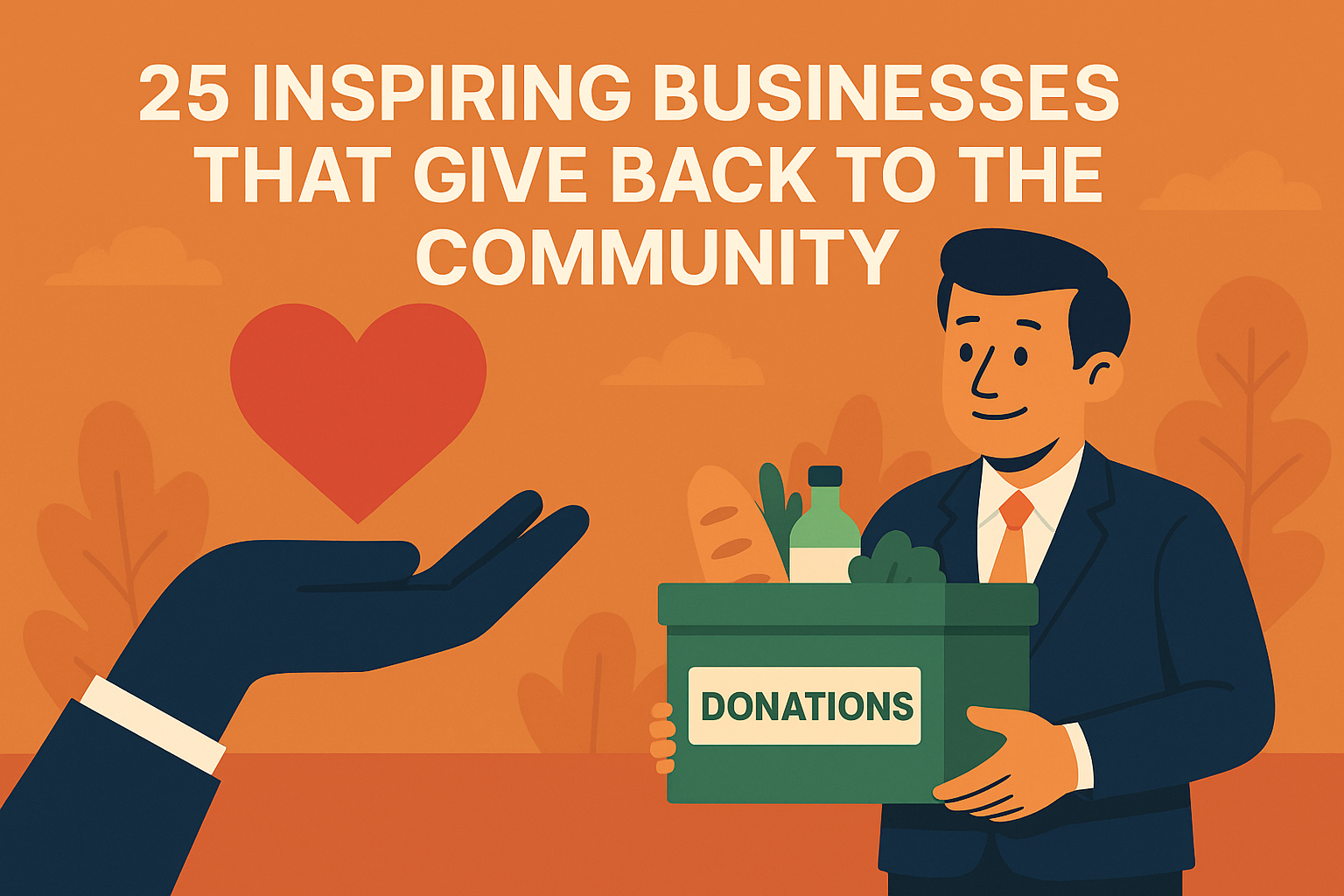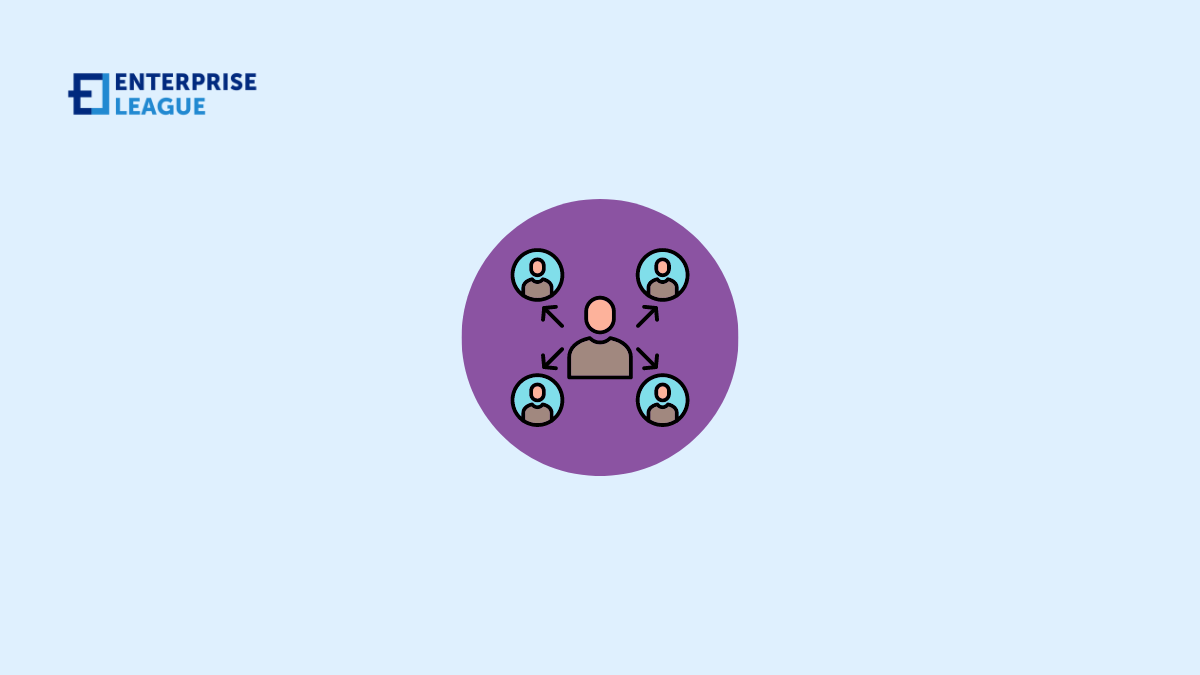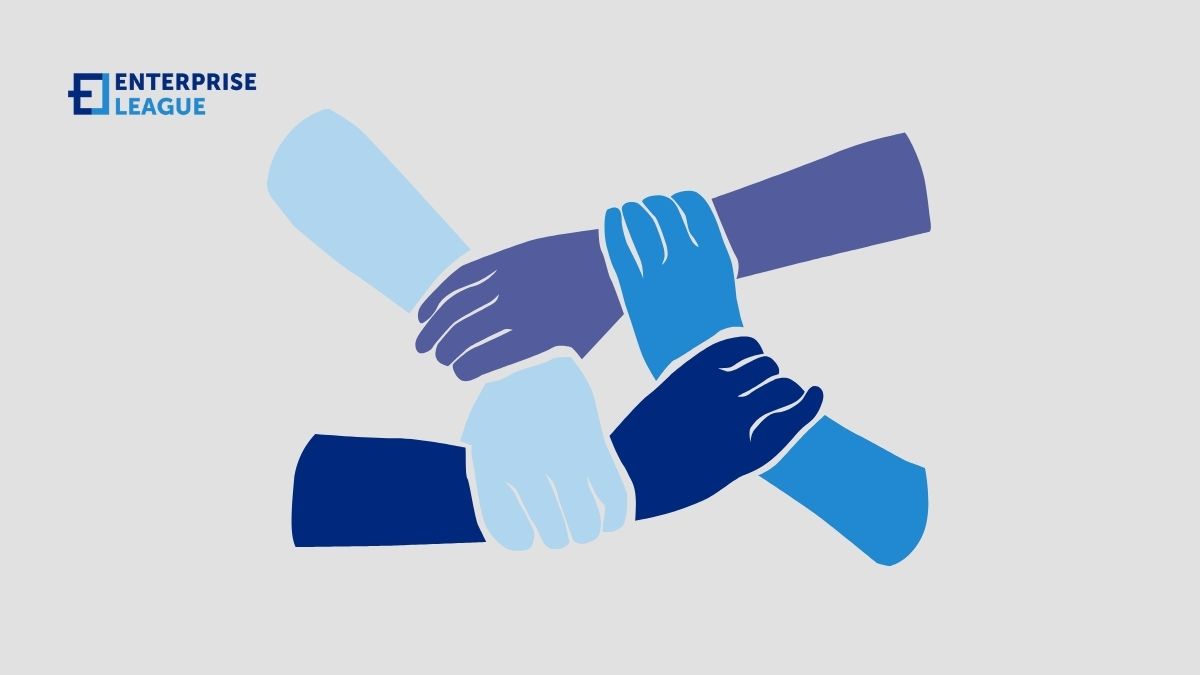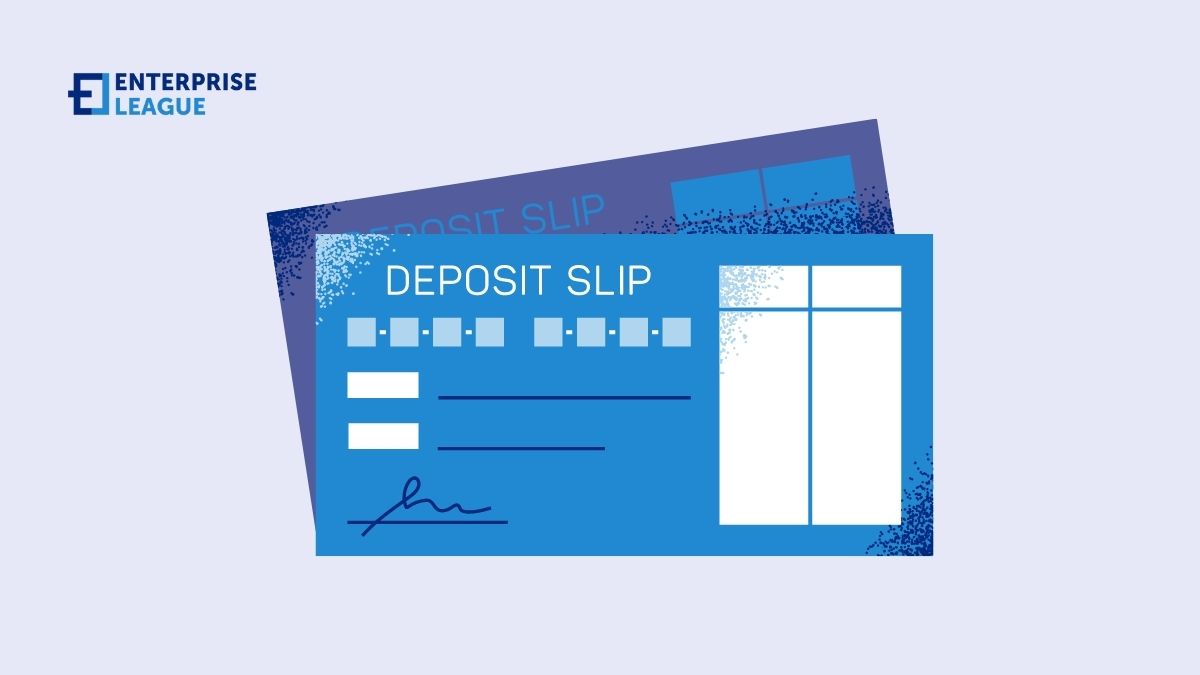In the bustling streets of Manhattan, where millions walk crowded sidewalks, heavy traffic, and towering construction sites daily, accidents resulting from negligence occur with unfortunate frequency. Personal injury law provides a framework for victims to seek...
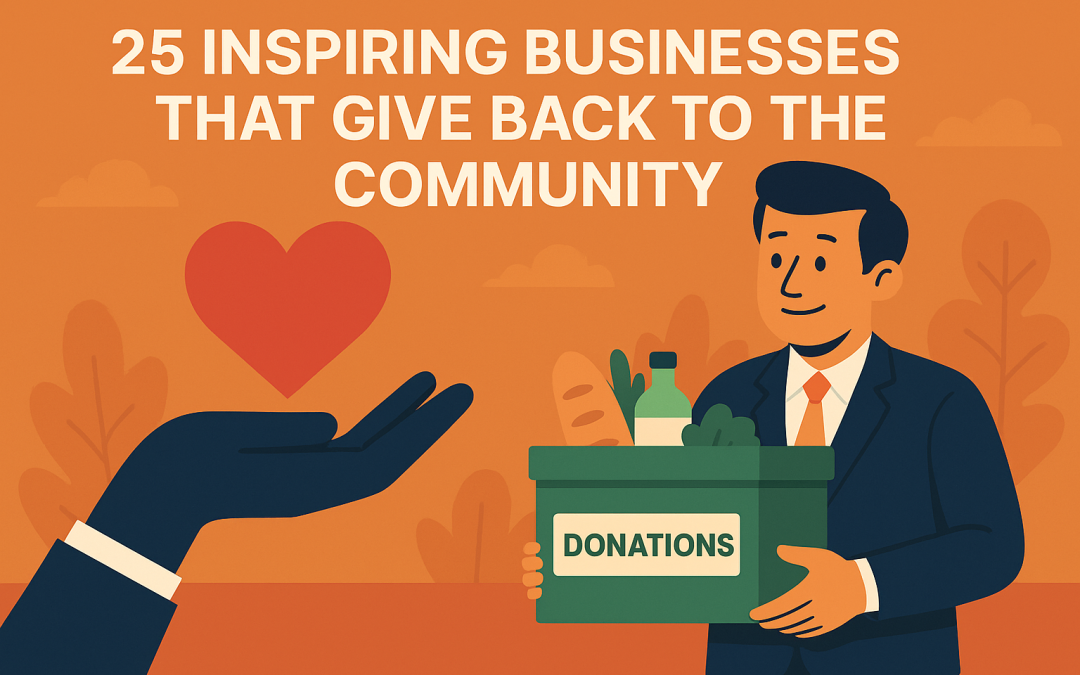
25 Real Examples of Businesses That Give Back to the Community
Winston Churchill once said that “We make a living by what we get, but we make a life by what we give.”
He was right.
Business owners as well as employees make a living by keeping the business profitable. But it is only when businesses give back to the community that they make their work truly meaningful. By making other people’s lives better they get more than any bank account can hold.
Even the businesses giving back to the community for the sake of marketing are better than the ones that don’t. The ripple effects of corporate generosity extend far beyond public relations, creating lasting positive change that transforms both communities and company culture from within. According to Deloitte, purpose-driven brands ‘capture more market share and grow on average three times faster than their competitors.’ Similarly, Harvard Business Review found that purpose-oriented businesses outperform peers with accelerated growth trajectories.
Jump directly to:
1. Support people undergoing cancer treatments
2. Organise a virtual TED-Talk-style fundraiser
3. Make others pay in donations to pick your brain
4. Encourage employees to volunteer
5. Kindness is a language everyone understands
6. Reward the community heroes
7. Donations to the most caring organisations
8. Donate one mask for each purchase
9. Support minority-owned businesses
10. Financially support low-income entrepreneurs
11. Raise funds to make other people’s lives better
12. Feed the hungry together with your employees
13. Make giving back part of your brand
14. Offer your skills for free to those in need
15. Fuel up health care workers with delicious pizza
16. Free products to those on the front lines
17. Equal housing chance to the underprivileged
18. Encourage fundraising attendees to be generous
19. Offer help to turn business ideas into reality
20. Collect donations for women’s shelters
21. Set internet for underprivileged families
22. Instead of spending on advertising, donate
23. Show your love and support to the elders
24. Years long dedication to help homeless people
25 Businesses that give back in extraordinary ways
There’s an immense number of community involvement ideas for businesses and being not profitable enough to give back is simply not an excuse. As you can see from the list below, there are many examples of businesses giving back to the community that don’t involve money.

Support people undergoing cancer treatments
As a former foster child and then homeless young adult, it is extremely important to me to give back to the community that has supported my success. Our cancer cleanings are now also extremely close to my heart since my daughter was diagnosed with Leukemia last year, and I’ve been able to see firsthand how critical cleaning is to oncology families.
Laura, Founder of All Star Cleaning Services
Organise a virtual TED-Talk-style fundraiser
Organizing a virtual ted-talk-style fundraiser where the audience comes to learn and gets to leave motivated and inspired is a valuable and creative way to give back. Having the virtual attendees donate money to an organization of choice or even have business owners that have been poorly affected by the pandemic join in to hear other business owners and experts advise on how to survive through these tough times. Putting on such an event would take minimum investment, would allow everyone to stay safe, and would have the potential to help so many people.
Brandon Monaghan, Co-Founder of Miracle Brand
Make others pay in donations to pick your brain
I think this idea is a win for everyone involved; I get to share my knowledge, donators learn useful information that they can apply directly to their business and their money goes to the people needing it the most right now.
Jon Zacharias, CEO and Founder of The Search Guy
Encourage employees to volunteer and pay them for it
A philanthropy initiative that we offer at Boundery to all of our employees is encouraging each individual to spend 3 workdays out of the quarter to volunteer at a charity or organization of their choice whilst being fully compensated. This initiative allows employees to choose where they would like to allocate their volunteer hours and spreads awareness of new charities and organizations within our offices.
Separately from Boundery, my wife and I work closely with the organization Casa de Amparo, which has a mission to help kids affected or at risk of child abuse and neglect. With the current state of our country due to the pandemic, we have been very active by connecting colleagues and business owners that might have extra resources to donate to the charity. We are reaching out to all of our connections because the kids desperately require all basic supplies. Connecting people and utilizing your network might seem like a small action to take but sometimes is most impactful.
Jason Akatiff, Co-Founder of Boundery
Kindness is a language everyone understands
This quick-turn-around high-level emergency work had the taskforce translating a range of documents including:
- Airport guidelines for quarantine and for people arriving to NYC
- Anti-eviction informational newsletters to various communities who might have landlords looking to take advantage of the COVID-19 situation
- Directions for how to use various work-from-home technology and apps
- Alerts for various apps that deliver push-notification news
- Community news alerts for various minorities living in New York who might not speak Spanish, English, Mandarin, or Russian
Languages included: Arabic, Bengali, Tibetan, Greek, Spanish, Dari, Farsi, French, Hebrew, Hindi, Haitian Creole, Indonesian, Igbo, Italian, Japanese, Korean, Nepali, Punjabi (India), Punjabi (Pakistan), Polish, Portuguese (Brazil and Portugal), Pashto, Russian, Tagalog, Urdu, Vietnamese, Yiddish, Yoruba, Chinese (China), Chinese (Hong Kong), Chinese (Taiwan).
Phil Shawe, President & CEO of TransPerfect
Reward the community heroes
The first project was a smaller scale, paying $200 to a locally owned coffee shop to cover five dollars of 40 orders for that day. We created a small business card-sized positive message saying we are all in this together and to enjoy their gift from the granite and marble depot.
The next project we did was asking the community to nominate a local teacher who was going above and beyond while working remotely and teaching their students virtually. We got tons of nominations from the community and decided on one winner. The owner of granite and marble depot and myself met with the teacher at a locally owned food establishment, where they covered the cost of the entire dinner for the teacher’s family.
The final and most exciting project was donating five granite countertops to local heroes regardless of their position. We were in a two-month campaign asking the community to nominate local heroes from grocery store workers to first responders. We selected five winners and are just in the works of selections and installing the completely cost covered granite countertops.
Kylie Knur, Project Manager at JJR Marketing
Weekly donations to the most caring organisations
We’ve now reached our 120th consecutive week of donations!
Monica Eaton-Cardone, Co-Founder and COO of Chargebacks911
Donate one mask for each purchase
Here are the organizations we’ve donated masks to so far:
– Providence Little Company of Mary Medical Center, San Pedro
– Lompoc Valley Medical Center
– Boys & Girls Clubs of Central Orange Coast
– The Bridge Fund of New York Inc.
– Baltimore Donation Hub
– Gold In Fight
– REACH Air Medical Services
– Chinatown Service Center
Brandon Chopp, Digital Manager at iHeartRaves
Support minority-owned businesses
We also host networking events, Melanin Village Market Places, and our annual awards ceremony celebrating small businesses in the area. When Black Panther was being released, I bought out the theatre for Black-Owned Businesses and their families to experience what Black excellence looks like.
Alexis L. Williams, Owner of Aloha Glamour
Financially support low-income entrepreneurs
We do community outreach as a part of our annual Thrive Camp – an event where we bring in our employees from around the world to our Texas headquarters to do local volunteer work. We have also partnered with Kiva, a non-profit organization aiming to help low-income entrepreneurs in more than 80 countries. We give monetary help to those striving entrepreneurs to maximize their potential, including farmers or women in Africa selling goods.
I believe that when you are at a point where you’ve gotten so much, it’s that chance you have to give back to people – to get them to the same place as you are.
Matt Bowman, President at Thrive Agency
Raise funds to make other people’s lives better
As part of Progreso Relief, an informal group of people who came together to help the community, we raised funds and fed over 1,200 families suffering from the loss of income in our city when COVID hit. We provided packages of food, sourced through local stores to keep more of the money in the community, and delivered them following strict safety protocols, supervised by a retired nurse, to needy families and individuals. Donations came from Mexico, the US and Canada.
When tropical storm Cristobal hit the area and flooded many homes, we again raised funds and worked with local restaurants to provide meals to over 400 people while they were staying in temporary shelters, and then used the remainder of the funds raised to provide gift certificates through a locally-owned hardware store to help people purchase materials and tools to repair the flood damage to their homes.
I was the first president of the Merida English Rotary Club, the first English-language Rotary Club in the state of Yucatan, Mexico, and spearheaded a project to put computers in the computer labs in Progreso, Yucatan, where they currently have no computers for the students to share. That’s right, zero computers in computer labs in 2020! Teachers currently bring their own laptops and teach the students via projector, which is really no way to learn computer skills effectively.
David B. Wright, President of W3 Group Marketing
Feed the hungry together with your employees
Gabe Abshire, CEO of Utility Concierge
Make giving back part of your brand
We donate at least 3% of profits to advocate for better infrastructure support and maternal health programs.
– 1% global – to combat the global maternal health crisis
– 1% local – to provide local support and resources for new mothers (first-time and experienced) suffering from anxiety or depression related to a postpartum mood disorder
– 1% sustainable – to advocate for high quality paid family leave for all
Selah Rhodes, Founder/CEO of DARITY
Offer your skills for free to those in need
Especially due to the pandemic, a polished online presence is more essential than ever in business. That includes having a website that’s optimized to get positive results.
Yet, not all business owners are marketing experts so achieving that professional online presence is challenging.
To help business owners in that position, I’m offering value-packed website audits at no cost and with no obligation. These are done manually by me, a professional SEO copywriter and brand strategist.
The audit reports contain expert recommendations on everything from the quality of website copy to SEO to branding to overall UX. They pinpoint exactly what improvements need to be made so that business owners can either make the changes themselves or have an objective game plan if they choose to hire a professional to help.
Nia Gyant, Founder of http://niagyant.com
Fuel up health care workers with delicious pizza
Dave Parsons, Manager, PR & Communications at Donatos Pizza
Offer your products for free to those on the front lines
Additionally, CELSIUS is offering first responders and healthcare workers a case of product if they DM the CELSIUS Instagram page @celsiusofficial with proof of their ID. The brand has dropped off over 7k cases of product.
John Fieldly, CEO at Celsius Holdings Inc
As a BIPOC women-owned and certified B-Corp company, we have been using our business as a force for change and social good in our community for years. During the pandemic, we have been making our great sanitizing and cleaning products available to first responders, doctors, and nurses on COVID-19 frontlines, nonprofits, and to those in need both on a local and national level.
All you have to do is reach out to us at team@drbrite.com if you are a frontline hero, a nonprofit, or someone in need, and we will be able to help you.
Dr. Paris Sabo, MD, COO at Dr. Brite
Give equal housing opportunities to the underprivileged
We do this because vacant properties become a habitat for criminal mischief and lower the property value of surrounding homes. We believe that homeownership has many positive impacts in our community relating to mental/physical health, our youth, and participation in civic duties such as voting.
We believe that it’s unfair to deny a family the opportunity to turn a house into a home based solely on their past financial hardship without making an attempt to fully understand their current financial position.
Paul Logsdon, Founder of Logsdon Home Buyers
Encourage attendees of fundraising events to open their wallets
Being in the bartending business for over 28 years, we have been supporting our local charities and community by offering our services free of charge so they may have a successful fundraising campaign.
We donate the bartender(s), alcohol, beer, wine and all the mixers so they can keep their costs down. We also assist in getting their Series 15 Special Event License for the event since it has to be submitted to the city and state for approval. Having alcohol served is always good for the auctions.
We have worked with some of the biggest charities in AZ and enjoy seeing them succeed.
Dave Forman, President at Pour Masters
Community impact is increasingly recognized as a strategic asset, authentic CSR initiatives significantly enhance brand trust and stakeholder loyalty in ways no typical marketing campaign can replicate.’ This aligns with broader findings that ‘when companies genuinely reflect community values, they create enduring emotional bonds with customers.
Bring the community together to help turn business ideas into reality
Through my organization, I spearheaded the Salisbury-Rowan Black Business Pitch Contest. As an entrepreneur, I personally know the struggles of finding funding and resources to build and grow your business. Therefore, I reached out to local black business owners and asked them to sow monies into the pitch winner and to be pitch judges. Also, I asked other black businesses to provide business services to the pitch winner.
Within 24 hours I received verbal commitments for both monetary and service packages for the pitch winner. The response was so overwhelming that my pitch committee was able to award service packages to 2nd and 3rd place winners as well. The pitch contest audience was also able to participate and vote for their favorite pitch! It was truly a collective effort and a great way to bring our community together and sow into a local black owned business.
Tonya Cross, Accessory Designer at Accented Glory

Collect donations for women’s shelters
For the public, I set up three different donation day/time slots they could drop off sites at the office. After two weeks, I collected all the donations and dropped them off at the shelter, along with a check from the company. We duplicated this with a food bank and a veteran center. All were contact-free, which made people feel safe and gave them a chance to contribute.
Laura Fuentes, Operator of Infinity Dish
Set internet for underprivileged families
So, whenever we can, we set up underprivileged families with internet for free. It’s just our way to pay it forward and thank our community for supporting us.
Sean Nguyen, Director of Internet Advisor
Instead of spending on advertising, donate
We support youth charities because we know not all young people get an equal chance in life, and our mission is to make hiring about skills and talent not about who you know or bank of mum and dad – we want our candidates to have an equal shot at working in the tech and media industries.
We partner with Work for Good to help facilitate our donations.
Lucy Smith, Founder & CEO of DigitalGrads
Show your love and support to the elders
The reason why we are volunteering is that we want to appreciate these elders who gave their best to build Singapore over 40 years ago. So by helping them save a meal or two weekly we help to ease their finances as well.
Cyrus Yung, Director of Ascelade
Years long dedication to help homeless people
Getting to experience his warmth and see how much he prioritizes his volunteer work has inspired me to continue serving dinners to the homeless and volunteering with the Sunday Streets mission without fail for many years now. No matter how successful I become, my family, my companies, and I will always give back to the most vulnerable in our community.
Nerissa Zhang, CEO at The Bright App
Partnering for Growth and Community Impact
One of the simplest ways for businesses to make a difference is by building meaningful partnerships. Platforms like Enterprise League connect companies with like-minded partners, nonprofits, and small businesses worldwide. Many entrepreneurs use it not only to grow but also to collaborate on initiatives that give back to their local or global communities, proving that doing good and doing business can go hand in hand. Creating a company profile is free and quick.
Conclusion
Looking at these businesses that give back is impossible not to feel inspired. Their selfless social responsibility proves that community involvement ideas for businesses are not limited to donating money.
The businesses giving back to the community are most often the smallest local businesses in our communities and not the large corporations. That’s because the businesses that give back have big hearts but not necessarily deep pockets.
You can be a one-man band, and still, help more than a company employing 1000 staff does.
More must-read stories from Enterprise League:
- The golden rules you need to build a steady buyer-seller relationship.
-
Do you know your legal responsibilities towards your home-working employees?
- The importance of customer-focused strategy for your business.
- Foretelling: transform your business by predicting future trends.
- Learn how practising gratitude can help your business grow.
Related Articles
Navigating Personal Injury Claims in Manhattan: Essential Guidance for Victims
Can I Find Custom Storage Solutions at an Affordable Price? B2B Partnerships That Make It Possible
Many small business owners, kitchen and bath retailers, homebuilders, remodelers, renovators and home designers believe custom cabinets can't be affordable. After all, every degree of customizability inevitably drives up the price. This common misconception often...
Need Help Finding Top-Rated Storage Container Rental Services? Here Are the 7 Top Options in Oklahoma City
Finding reliable storage can be challenging when space is limited or operations expand. Storage container rental services provide a flexible, cost-effective solution for business owners. The right provider impacts efficiency, security and timelines, so it's important...
How Thoughtful Home Design Supports Better Work and Living
The lines between home and office have blurred. More professionals than ever are working from their dining tables, spare bedrooms, and kitchen counters. As remote and hybrid work become standard practice, the way we design our homes has taken on new importance. A...
Navigating Personal Injury Claims in Manhattan: Essential Guidance for Victims
In the bustling streets of Manhattan, where millions walk crowded sidewalks, heavy traffic, and towering construction sites daily, accidents resulting from negligence occur with unfortunate frequency. Personal injury law provides a framework for victims to seek...

